With Frontier announcing a new operating model, is this the beginning of the end for low-cost and ultra-low-cost carriers in the US?
We have seen that JetBlue’s efforts to acquire Spirit Airlines didn’t go anywhere, because of regulatory intervention. Before this, Spirit was in talks for a similar merger with Frontier Airlines, until JetBlue emerged as Frontier’s competitor.
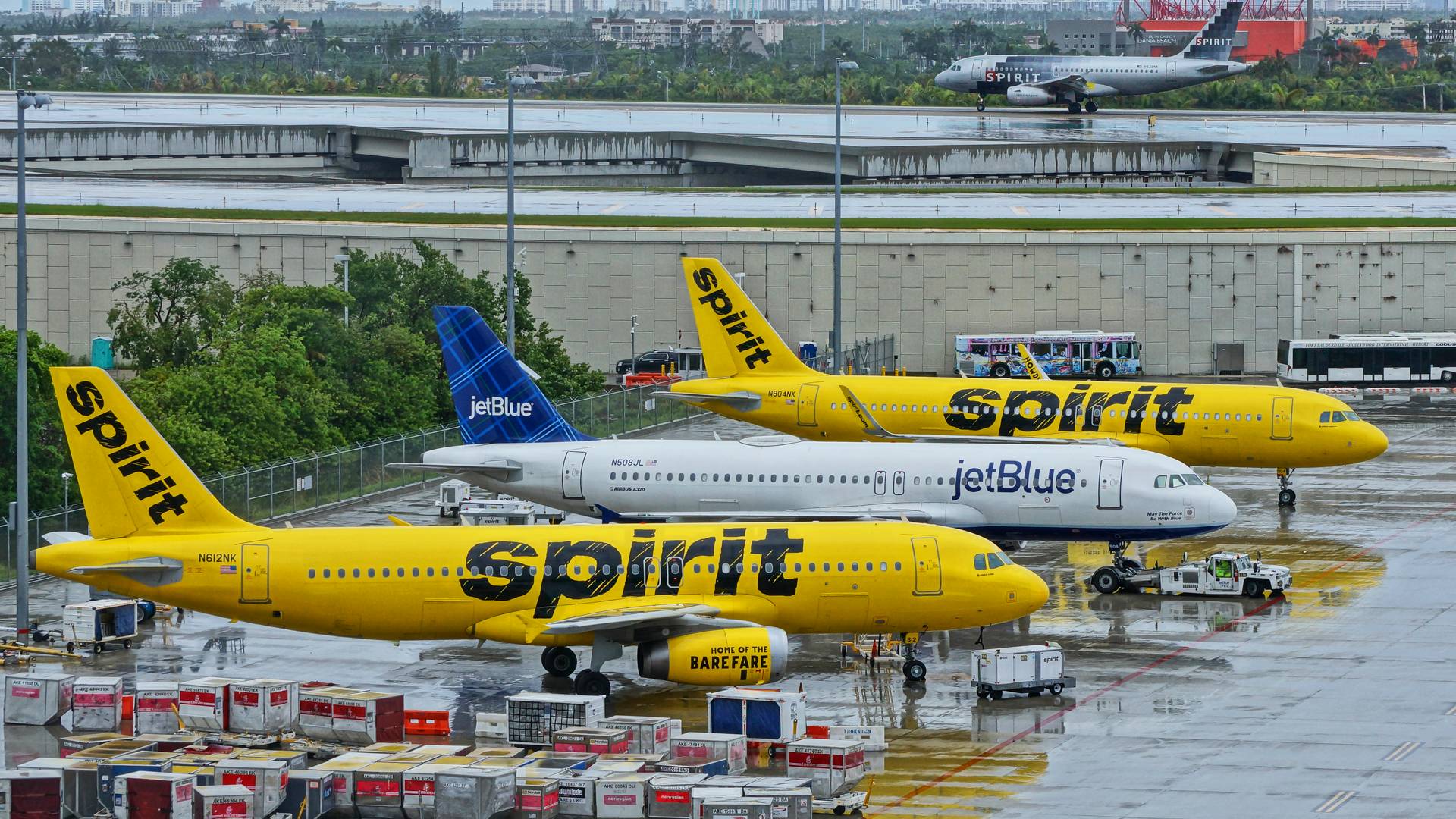
US authorities believed that a JetBlue-Spirit merger/acquisition would hurt competition and reduce the number of affordable seats in low-cost carriers. But after the deal stalled, Spirit went into “survival mode”, as it tries to avoid bankruptcy.
The company is in financial trouble in part because of its route expansion in the immediate post-pandemic years. But the company has also suffered because of the need to ground A320neo-family aircraft with Pratt & Whitney engine issues.
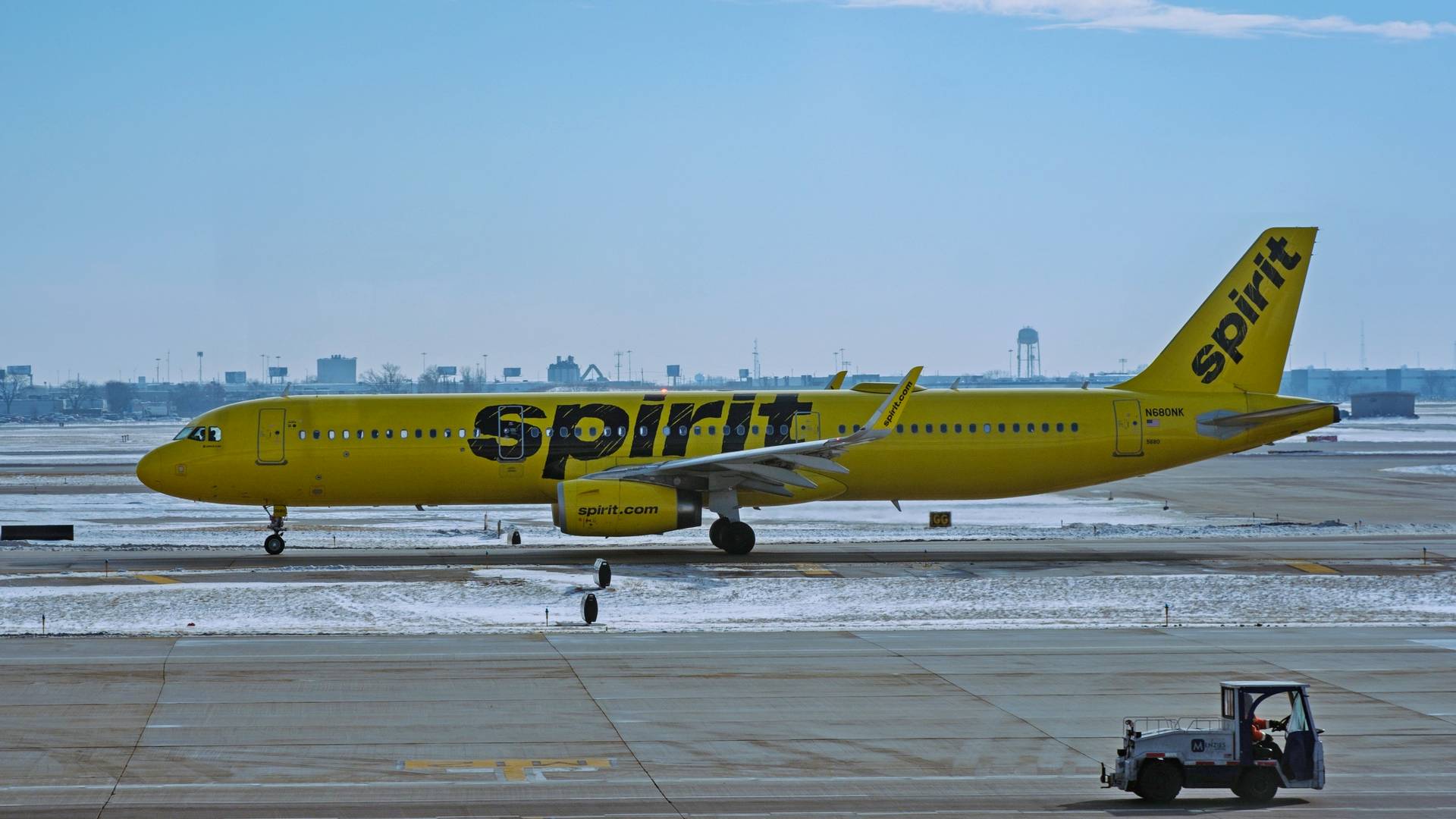
Hard Times for US Low-Cost Carriers?
Among US ultra low-cost carriers and other airlines, Spirit is the one that is most exposed to this problem. Its aircraft groundings look set to continue throughout 2024. But other low-cost carriers in the US appear to be looking for ways to change their operations, despite not having to deal with grounded fleets.
For some time now, Southwest has reportedly been looking at the possibility of acquiring another airline. It isn’t clear what airline it would have to go for, to avoid the regulatory hurdles that JetBlue faced. But the latest news among US low-cost carriers involves Frontier.
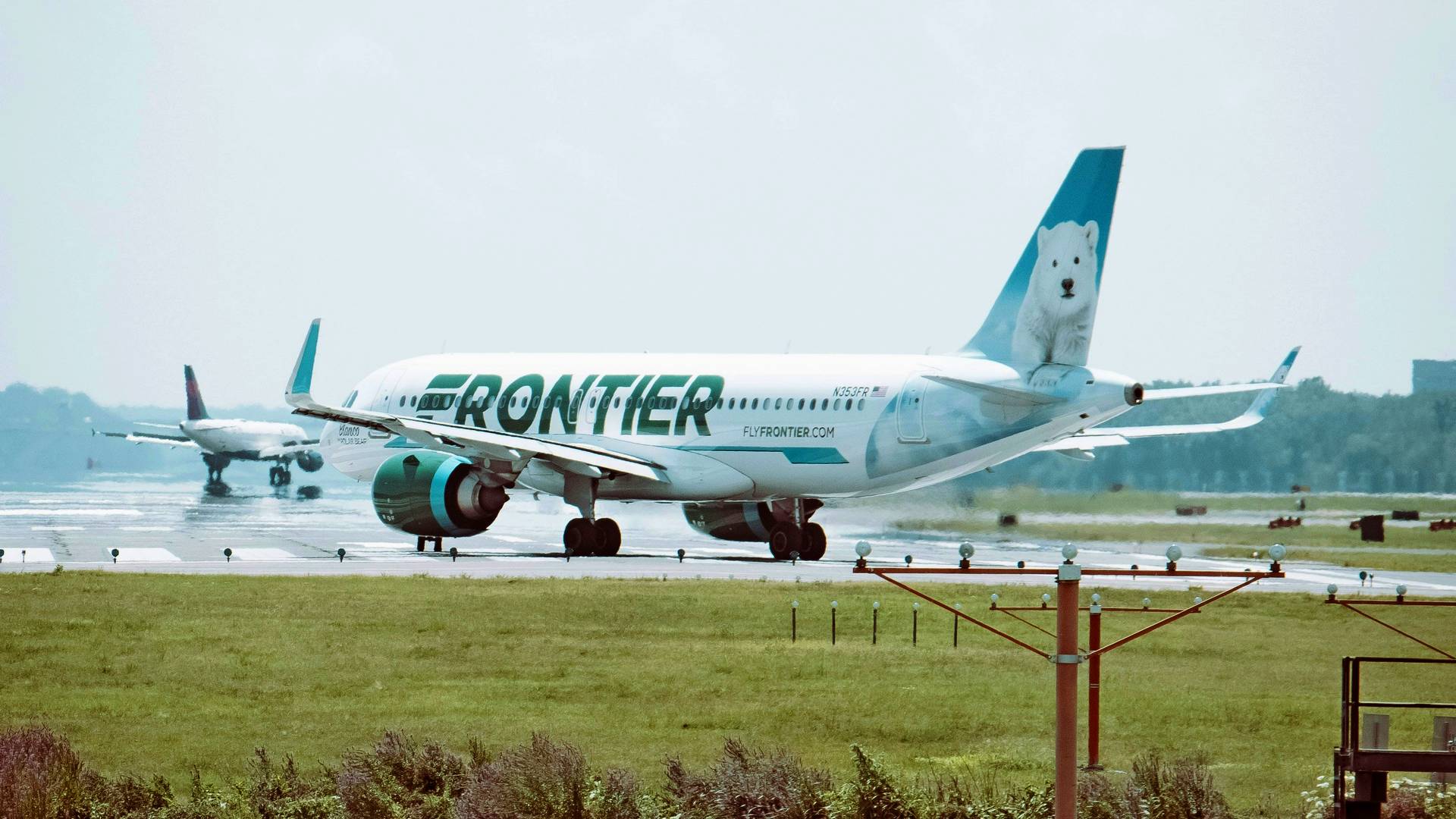
This week, Frontier confirmed earlier reports that it was considering a move away from the all-economy low-cost model. The airline will keep its current charging model for what it now calls its Basic Fare. But in addition to that, it will offer three other pricing “bundles”.
The Economy Bundle includes a carry-on bag and allows passengers to choose their seats. The Premium Bundle adds priority boarding and free choice of a premium seat, which has more legroom. Finally, the Business Bundle includes “UpFront Plus” seats, with more legroom and an empty middle seat, plus two 50-lb (22.7-kg) checked bags.
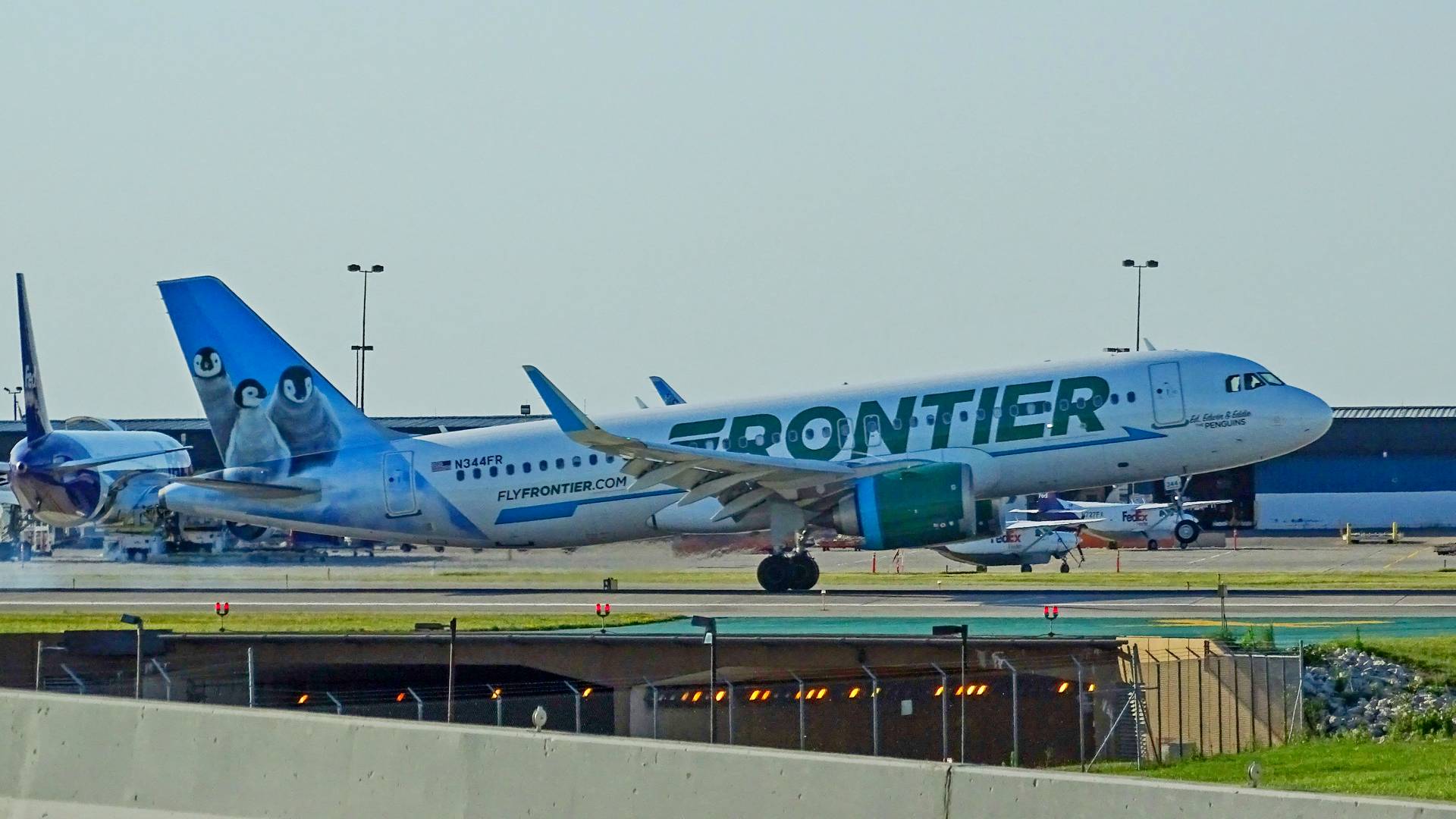
Temporary Fix or Trend?
All of these Frontier bundles (Economy, Premium, and Business) also come without flight change or cancellation charges – a first for Frontier. Other US low-cost carriers have also been looking at ways to add premium offerings to customers, to deal with overcapacity in many destinations.
This is interesting because one argument against the JetBlue-Spirit merger was the reduction in affordable seat numbers. Obviously, adding offerings with more legroom and empty middle seats has the same effect.
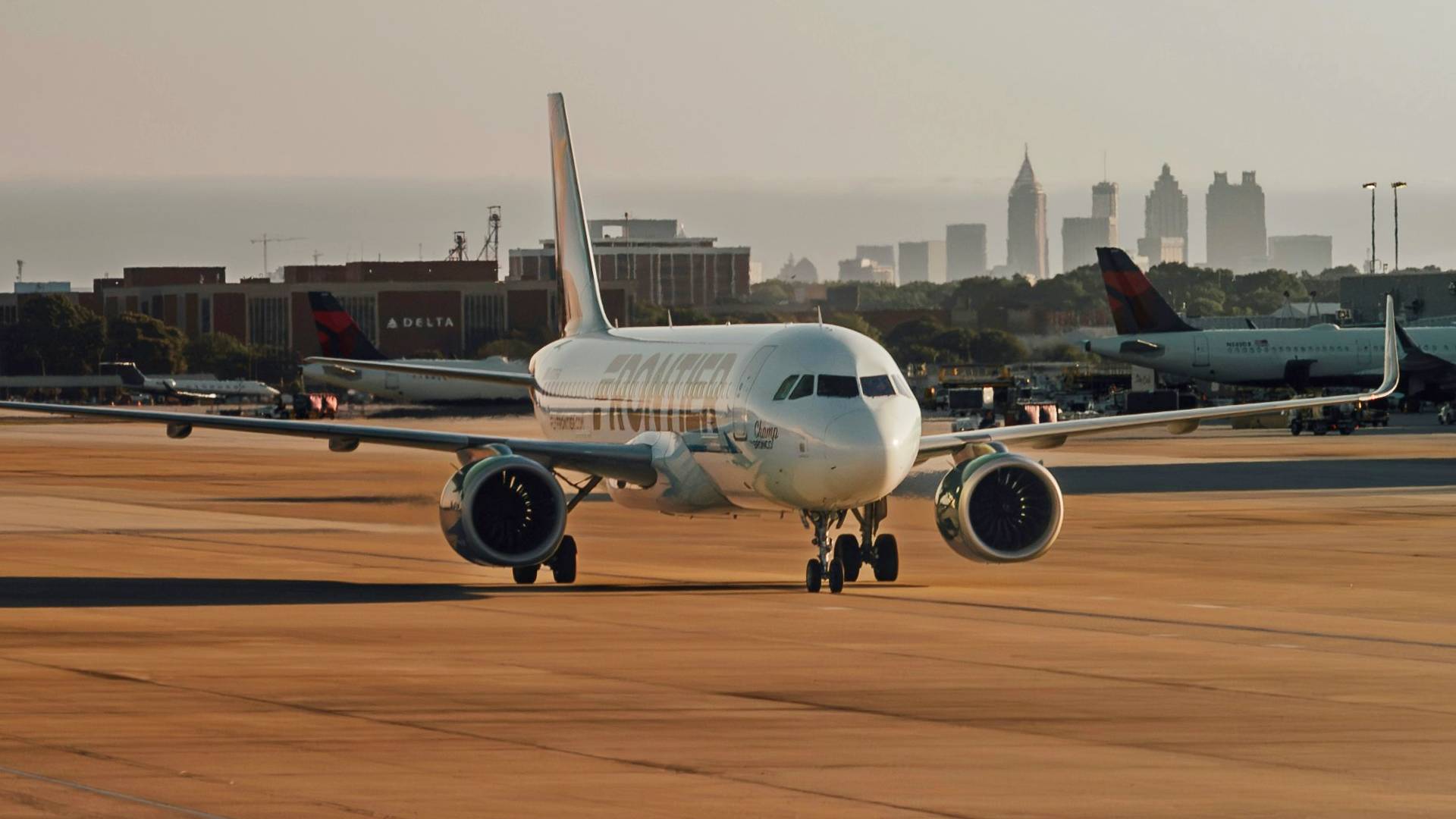
Some theorized that if JetBlue can’t acquire Spirit, Frontier might try to do so instead. However, Frontier has recently confirmed that it doesn’t intend to make any acquisition attempts. The airline will go for “organic growth” with its new fare system instead.
It remains to be seen whether or not these changes among low-cost and ultra low-cost carriers in the US will be mirrored by moves of other LCCs around the world. While some companies, like EasyJet in Europe, have been shifting towards a “leisure” carrier model, LCCs like IndiGo in India are still in the middle of rapid expansions.



